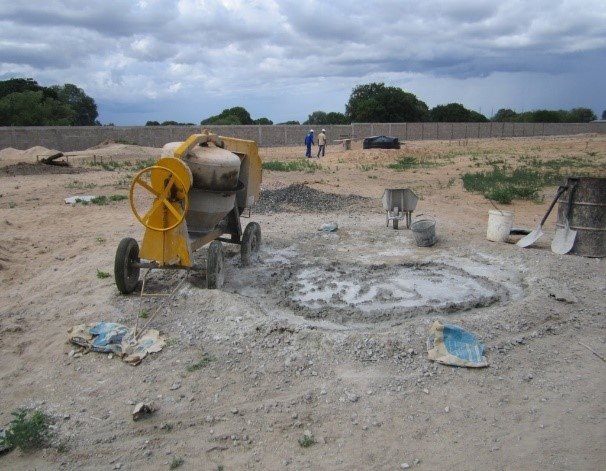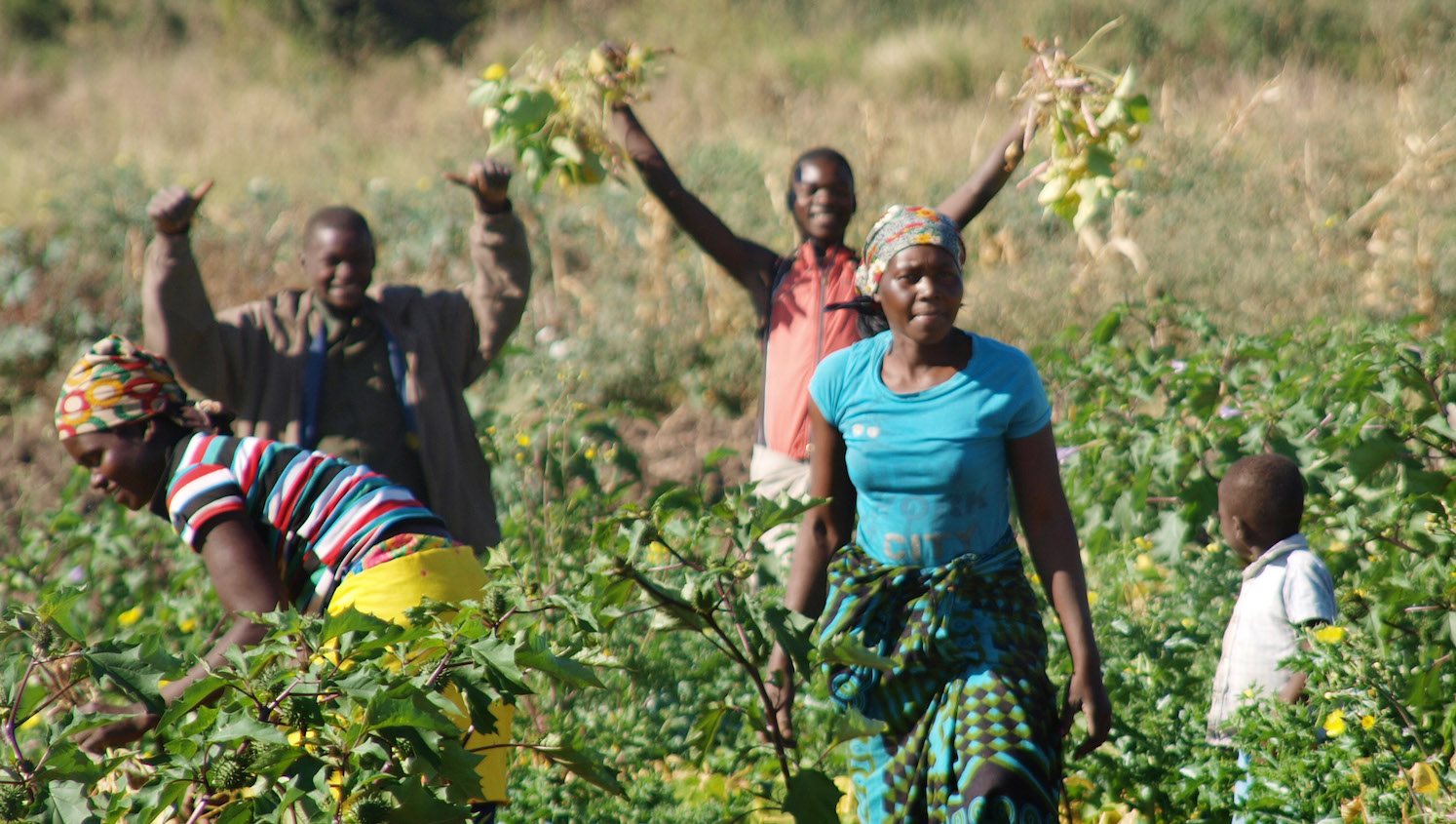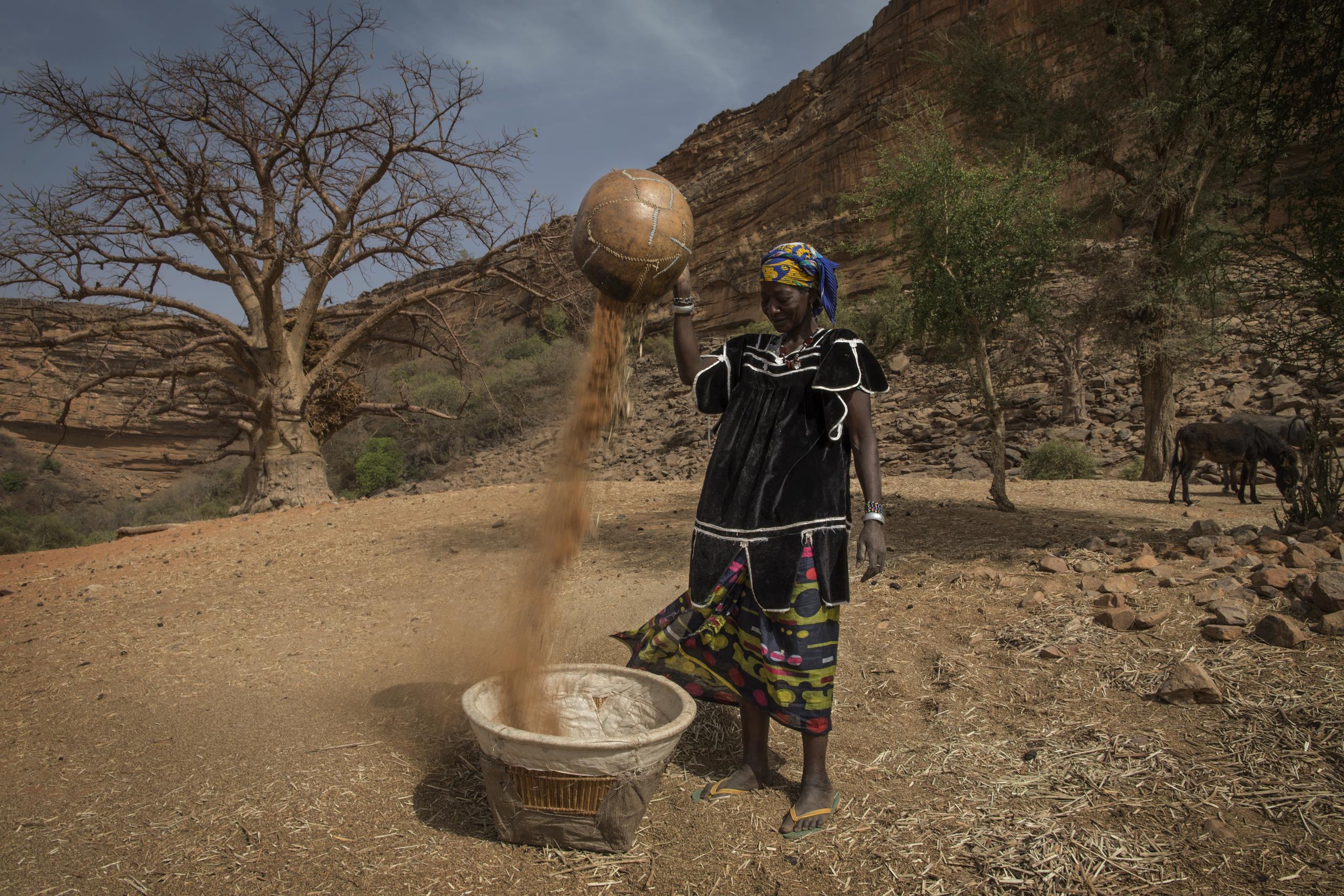While Mozambique has remarkably recovered from the damage caused by the civil war which ended in 1992, the malnutrition rate tends to rise contrary to poverty reduction, which has significantly diminished these last years. By analyzing these fifteen last years (between 1993 and 2010), the growth rate has been impressive, reaching on average above 8 percent.
This makes Mozambique the non-petroleum economy having experienced the fasted growth in sub-Saharan Africa. Such a performance was made possible by a good macro-economic management, the presence of certain significant foreign investment projects called "mega projects," the support of important donors, agricultural growth (extensive rather than intensive) and the foreign investment in the service sector.
In consequence, Mozambique has achieved substantial progress towards the Sustainable Development objectives. Despite the commitment of the government and the relative economic success, Mozambique still faces important development challenges, such as the issue of food insecurity suggests. It remains one of the poorest countries in the world—the 185th position in the 2012 ranking of 187 countries in the Human Development Index of the UN—and more than half of its population lives below the poverty line.
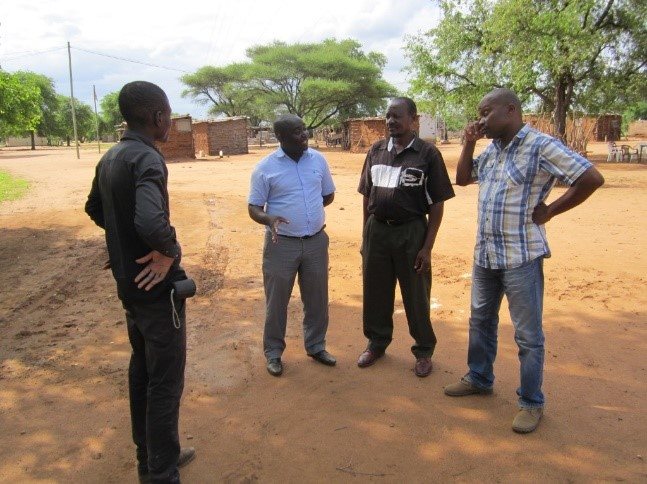
Gaza Province
The Gaza province is one of the most vulnerable areas in the country, if we rely on the data of 2009. More or less 60 percent of the population lives below the poverty line against a national average of 54 percent and the province has a chronic malnutrition rate of 34 percent, making Gaza the 4th poorest province of the country. It is also one of the most affected by HIV/AIDS with an occurrence of 19.9 percent against a national average of 16.2 percent.
This, combined with the vulnerability of the province vis à vis the serious effects of climate change, not only weakens its capacity to produce food but also leaves a vulnerable population and the percentage of orphans incapables of feeding themselves is ever-growing.
According to the Complete Analysis of Food Security and Vulnerability of 2009, rural households in Gaza have access to more food by buying it rather than producing it. In general, 25 percent of the rural households have a limited access to the productive resources and basic services. In the six districts chosen as a pilot area for the UNCDF component of the programme, the availability and access to food during several months of the year are real issues.
In addition, the lack of basic infrastructure such as the markets and infrastructure for the mitigation of disasters risks. The access to water, electricity, road networks and information networks remains a challenge for the large majority of the population and most households in these districts drink water from the foraging wells or non-protected wells, except for Chicualacuala and Chigubo, as their main source of drinking water is a river.
Inside the province of Gaza, a certain number of factors directly contribute to the lack of food and nutritional security. These include:
- Relatively weak agro-ecological conditions in conjunction with a dominant dependency on subsistence agriculture for the majority of the population;
- The demographic growth, environment, land access and control, familial planning and the small number of basic social services in the remote areas;
- Weak or absent socio-economic infrastructures, support mechanisms and services for the integration of a local food system enabling to generate revenues and the development of an inclusive local economic system;
- Limited human, social, organizational and institutional competences.
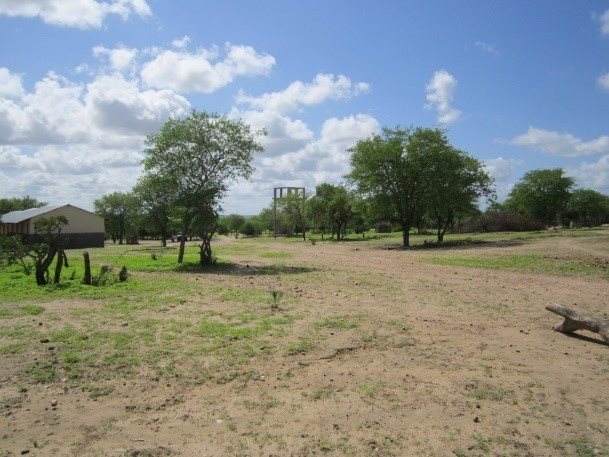
The FSNP programme
UNCDF has established a partnership with the Belgian Fund for Food Security (FBSA) in the implementation of the FSNP programme (Food Security and Nutrition Programme) in Mozambique in partnership with the FAO, the World Food Programme (WFP), the Belgian NGOs FOS and DISOP and in close cooperation with the Belgian Technical Cooperation (Coopération Technique Belge CTB).
One of the challenges to improve food and nutritional security is to coordinate the interventions of the development actors that fall within different areas. In the case of the Gaza province, this includes some currently active programmes in the area of gender, AIDS/HIV, climate change, reduction of risks and disasters, etc. One of the objectives of the FBSA programme is to include these transversal questions in the plans and budgets of the provinces and districts in order to guarantee food security and maximize the contribution that a more holistic approach can provide.
This is why the UNCDF component of the programme contributes to the agenda of national policies to integrate all the transversal aspects in the decentralized planning and their systems of financing. UNCDF focuses on governance as well as the administration and local development. The programme puts the emphasis on food security and more specifically on nutrition by ensuring a more efficient institutional coordination of food security initiatives. Furthermore, UNCDF promotes and facilitates the application of the best practices to ensure that the national policies are based on experiences of sustainable integration of food and nutritional security in the work of the local administrations, use an efficient and responsible management modality of local public spending.
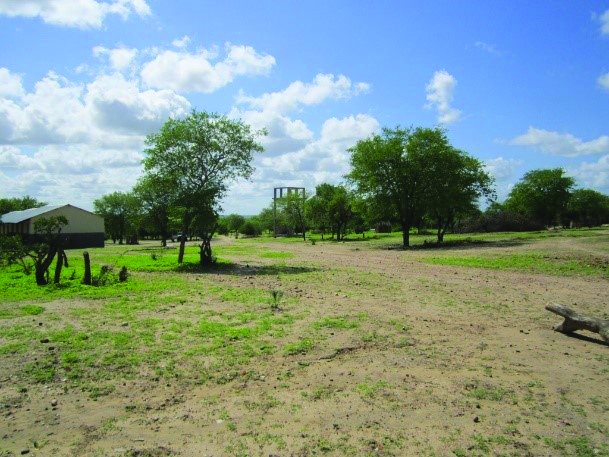
The Programme's strategy
In the 6 chosen districts, UNCDF focuses on the process of development planning, management of public spending and the strengthening of the food and nutritional security components in the strategic development plans and the annual socio-economic plans as well as the budgets. UNCDF looks to improve the environment, strengthen the institutions and increase the capacity of beneficiaries in being involved in the decentralized decision-making processes. Consultative councils in each district and sub-district provide the platform to build a participative and inclusive approach of planning and the budget estimates in regards the sustainable interventions in food and nutritional security as much internally than beyond the framework of the programme.
Read more about the FSN strategy
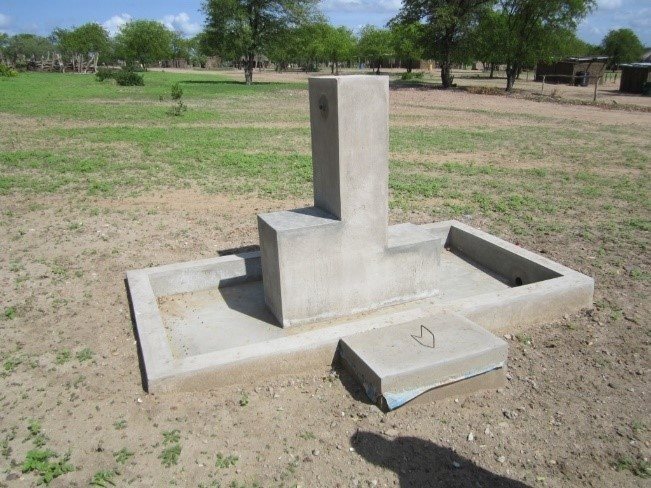
Supportive investments
The objective of UNCDF is to enhance the investment volume, necessary to strengthen the local food system, this through appropriate investment. The investment typology provides a first draft of the investment menu which corresponds to the pillars of food security.
This does not mean that the programme focuses only on the funding of infrastructures given that they go hand-in-hand with support and capacity building of partners. Indeed, the investments related to the natural resources will, among others, be accompanied with training sessions for farmers.
Read more about the investments
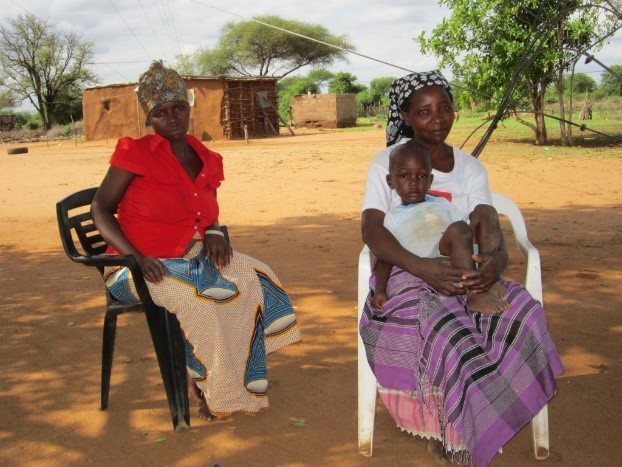
Financial Tools
UNCDF uses a Local Development Fund (LDF) dedicated to food security in the chosen districts of the programme. The LDF is used as a lever to develop the capacity of local governments in planning, budgeting, funding, implementing and evaluating the food security leading to local development and to the provision of more efficient public services, with greater transparency.
Read more about the financial tools
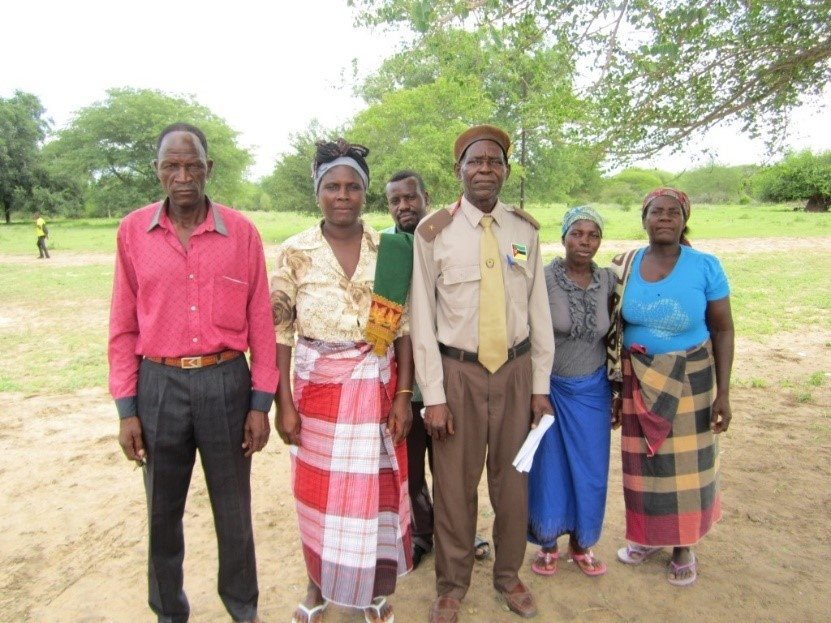
A complementary partnership
The strategy of the Belgian Fund for Food Security strengthens and develops the multi-dimensional components which tackle the structural causes of food insecurity. The implementation of such a multi-institutional framework provides a large diversity of interventions for development that are oriented to achieve the expected results of the BFFS programme.
Read more about the partnership
